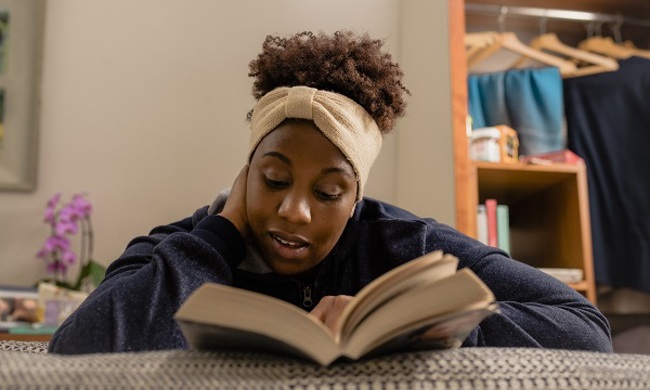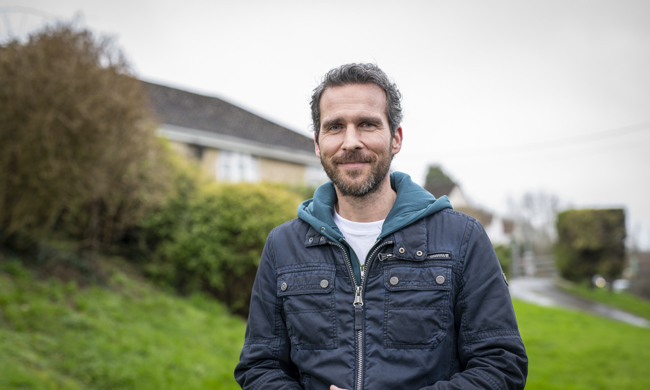Causes of Homelessness
Many of the people we see have mental or physical health problems, or have issues with drug or alcohol use. Sometimes people face a complex mix of these factors, on top of more difficult family backgrounds than most. Many people who become homeless had traumatic experiences during childhood. Sometimes it was sexual or physical abuse, other times it was an unstable environment, such as moving between foster homes. For some people, these experiences put them at risk from an early age. In fact, some people we work with say that their early experiences led them to become dependent on drugs or alcohol while still in their teens.
Research that we carried out in 2013 showed that 43% of people who slept rough for the first time had problems with alcohol or drug use. For some people that was a contributing factor to them becoming homeless; for others, it was a symptom of trying to cope with other problems that they faced.
Research from St Mungo’s investigates the growing number of people sleeping rough who are living with, and dying of, preventable drug and alcohol problems. The research finds that 12,000 people sleeping rough, or at risk of doing so, missed out on life-saving drug and alcohol treatment in 2018/19.
Poor mental health is widespread among people who are homeless or sleeping rough. Over 40% of people we work with have a mental health issue. Many, however, may never have had access to adequate treatment or support.
We also work with people who may face adult literacy or numeracy barriers, who may feel unconfident in the skills they have to offer, or don’t recognise the resilience and strengths they have.
Research that we carried out in 2013 showed that 43% of people who slept rough for the first time had problems with alcohol or drug use. For some people that was a contributing factor to them becoming homeless; for others, it was a symptom of trying to cope with other problems that they faced.
Research from St Mungo’s investigates the growing number of people sleeping rough who are living with, and dying of, preventable drug and alcohol problems. The research finds that 12,000 people sleeping rough, or at risk of doing so, missed out on life-saving drug and alcohol treatment in 2018/19.
Poor mental health is widespread among people who are homeless or sleeping rough. Over 40% of people we work with have a mental health issue. Many, however, may never have had access to adequate treatment or support.
We also work with people who may face adult literacy or numeracy barriers, who may feel unconfident in the skills they have to offer, or don’t recognise the resilience and strengths they have.
.jpg)
.jpg)
.jpg)
.jpg)
.jpg)
.jpg)
.jpg)
.jpg)
.jpg)
.jpg)
.jpg)
.jpg)
.jpg)
.jpg)
.jpg)



